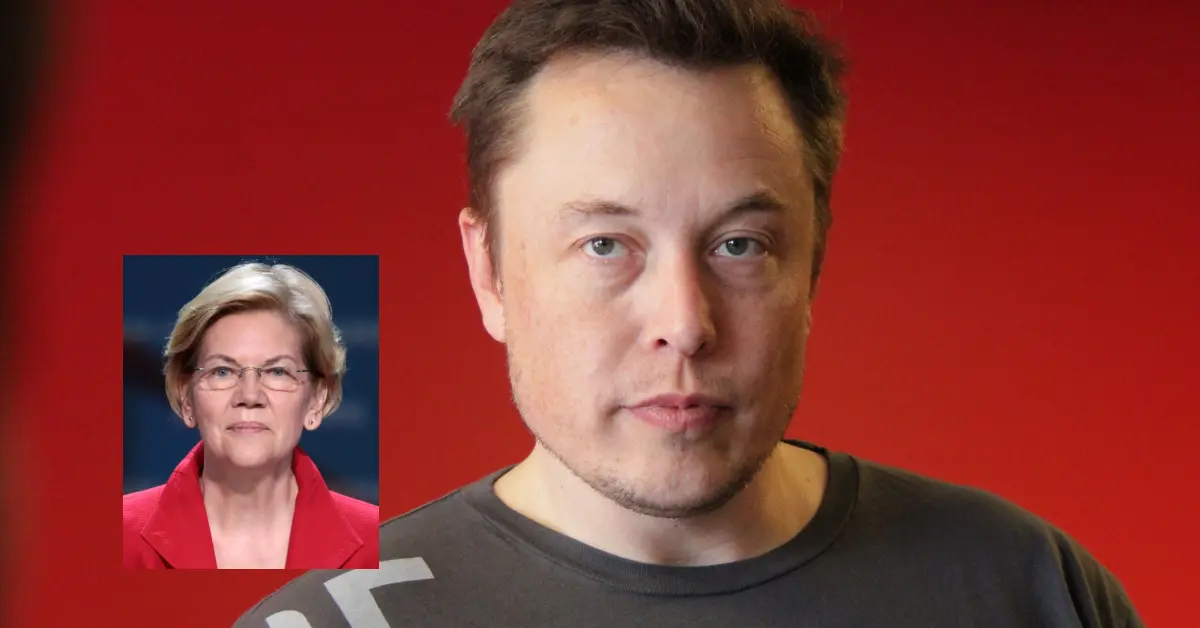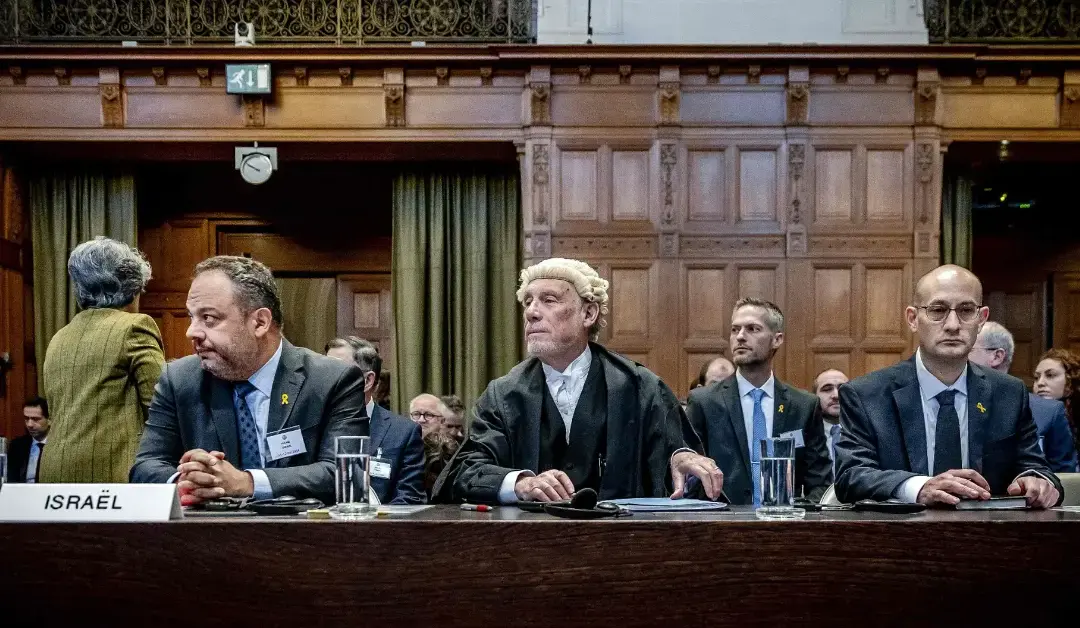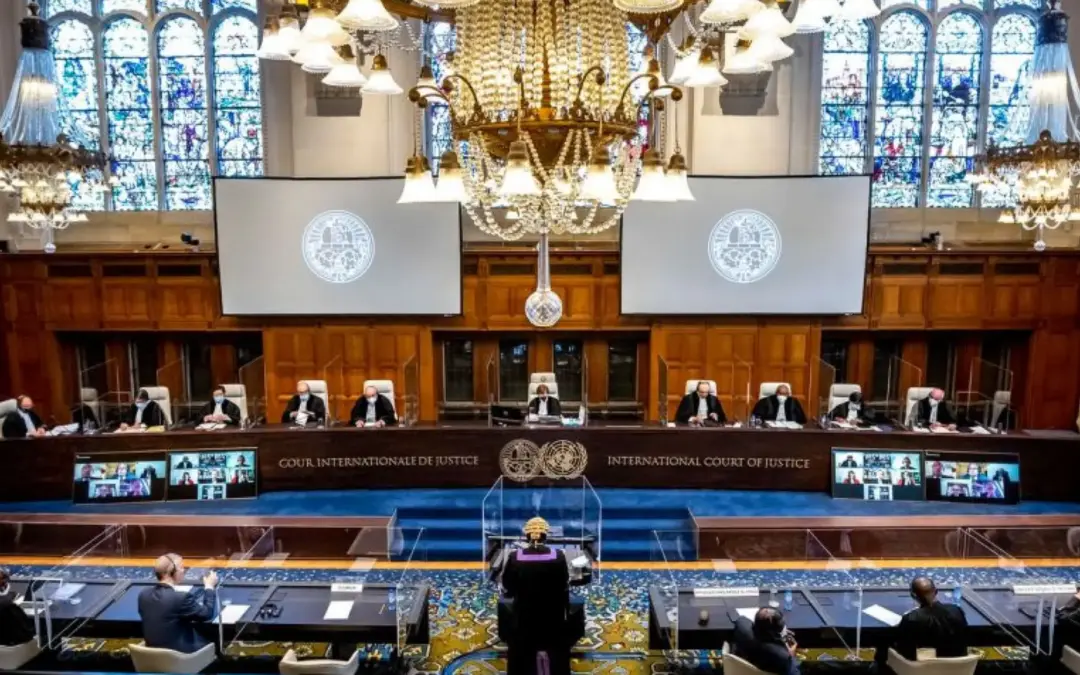In a stunning development that has sent shockwaves through the worlds of politics and technology, Senator Elizabeth Warren has called for a Senate investigation into the alleged actions of Elon Musk, CEO of SpaceX, in thwarting a planned attack on Russia’s navy. Warren’s demand for a probe comes on the heels of explosive revelations contained in an extract from historian Walter Isaacson’s upcoming book about Musk.
Warren, a staunch advocate for government oversight and accountability, minced no words in her call for an inquiry into the actions of one of the world’s most prominent billionaires. She firmly asserted that foreign policy decisions should be the prerogative of the United States government, not the domain of any single individual, no matter how influential or wealthy.
“The revelations about Musk’s involvement in Ukraine’s planned attack appeared in an extract from historian Walter Isaacson’s upcoming book about the CEO, which were recently published by CNN,” Warren noted. These revelations have brought to light a complex and controversial aspect of Musk’s role in international affairs.
At the heart of the controversy is the alleged interference by Musk in Ukraine’s military operations. It has been reported that Musk’s SpaceX had been contracted by the Pentagon to supply Starlink satellite internet terminals for use in Ukraine, which has been embroiled in a protracted conflict with Russia. The Pentagon’s decision to engage with SpaceX raised eyebrows and concerns regarding potential conflicts of interest.
Senator Warren expressed deep reservations about the Pentagon’s contractual arrangement with SpaceX. “The U.S. military, she added, should also evaluate its contracts with SpaceX,” especially in light of the newfound information suggesting Musk’s involvement in geopolitical matters.
In response to the allegations, Musk took to X, formerly known as Twitter, to defend himself and his company’s actions. He emphatically stated, “The Starlink regions in question were not activated. SpaceX did not deactivate anything.” Musk’s argument centers on the contention that his company played no active role in thwarting the planned attack on Russia’s navy.
Musk went on to assert that complying with such a request would have made SpaceX “explicitly complicit in a major act of war and conflict escalation.” This assertion raises important questions about the influence and responsibility of private corporations in matters of international conflict and diplomacy.
Elizabeth Warren’s demand for a Senate probe into Elon Musk’s alleged actions has sparked a renewed debate on the role of tech moguls in shaping foreign policy decisions. It underscores the need for greater transparency and oversight when it comes to the actions of powerful individuals and corporations in matters of global significance.
As the investigation unfolds, it will be closely watched by lawmakers, the public, and the international community. The outcome could have far-reaching implications not only for Musk and SpaceX but also for the broader relationship between the private sector and government agencies in shaping the course of world events.











